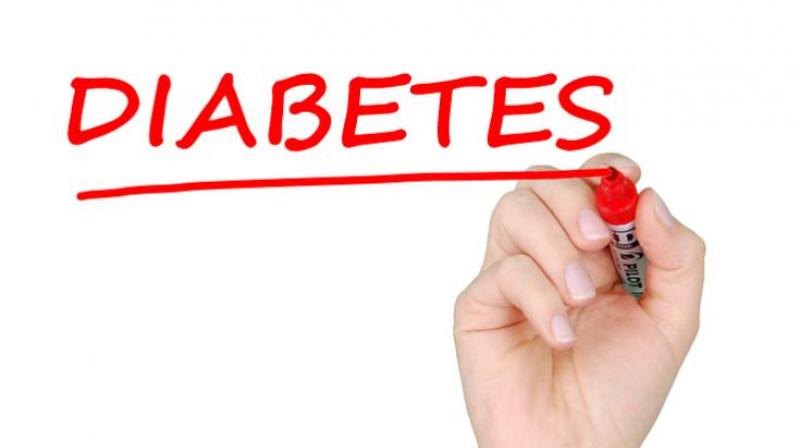Coimbatore: Specialists discuss ways to manage diabetes
Instead the two specialists advise patients suffering from type II diabetes to visit a doctor and have medications modified.

COIMBATORE: With the holy month of Ramadan beginning today, (Sunday), city-based dialectologists advise those suffering from diabetes to consult a doctor in order to manage the condition. On eve of Ramadan, Consultant Physician and Diabetologist Royal Care Super Specialty Hospital Dr S. Arun and Consultant Diabetologist at GRN Diabetic Centre Dr S. Gokularamanan share with DC that the prevalence of (Muslim) diabetic patients in the region is approximately 15 per cent to 20 per cent.
Both the specialists agree that during the spiritual fasting season, patients tend to stop or modify medications during fasting on their own. Instead the two specialists advise patients suffering from type II diabetes to visit a doctor and have medications modified.
On other complications such as diabetic ketoacidosis, dehydration and hyperglycemia which all may aggravate during fasting in patients suffering from the condition, both the specialists recommend that patients with cardiac complication or renal complication strictly do not attempt fasting due to the complications.
“A patient suffering from diabetes should not undertake spiritual fasting without consulting a doctor. The patient should plan a visit to the doctor six to eight weeks ahead of the scheduled fasting period to get an overall assessment to decide his or her risks during fasting. For such patients, it is important to choose healthy options while breaking fast, regular monitoring of sugars at home with a glucometer, learning to identify symptoms of high or low sugars are crucial during the fast,” Dr S. Gokularamanan said.
On the potential health hazards among diabetes patients undertaking fasting Dr. S. Arun added, “with diabetic patients deciding to fast, the importance of practical diabetes and spiritual fasting guidance becomes evident. Potential health hazards include hypoglycemia, hyperglycemia, dehydration and acute metabolic complications such as diabetic ketoacidosis. During fasting our body’s system goes through a lot and that depends on the length of the continuous fasting. When we fast the body initially uses stored sources of glucose and then later it breaks down body fat to use the next source of energy. It is important to keep a tap on your blood glucose levels as the chances are that during fasting your blood glucose levels may drop too low. It is advisable to keep your doctor informed if you decide to fast.”

